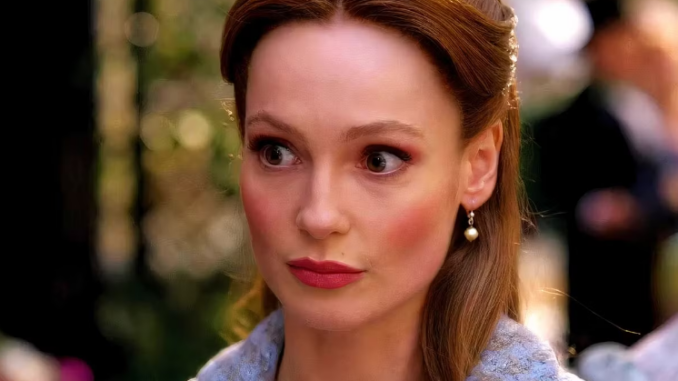
Francesca’s Bridgerton Season 3 Storyline Illustrates the Problem With Violet Bridgerton’s Character
Introduction: The Intriguing Contrast Between Mother and Daughter
Bridgerton Season 3 took a dramatic turn, bringing Francesca Bridgerton’s understated story to the forefront and shining a light on Violet Bridgerton’s parenting flaws. Though Violet has long been portrayed as the ideal Regency matriarch, her interactions with Francesca revealed cracks in her seemingly perfect demeanor. The season deftly explores the nuances of familial expectations, individual desires, and the societal pressures shaping their lives.
Violet Bridgerton’s Obsession With Grand Love Stories
Violet’s Past Shapes Her Present Beliefs
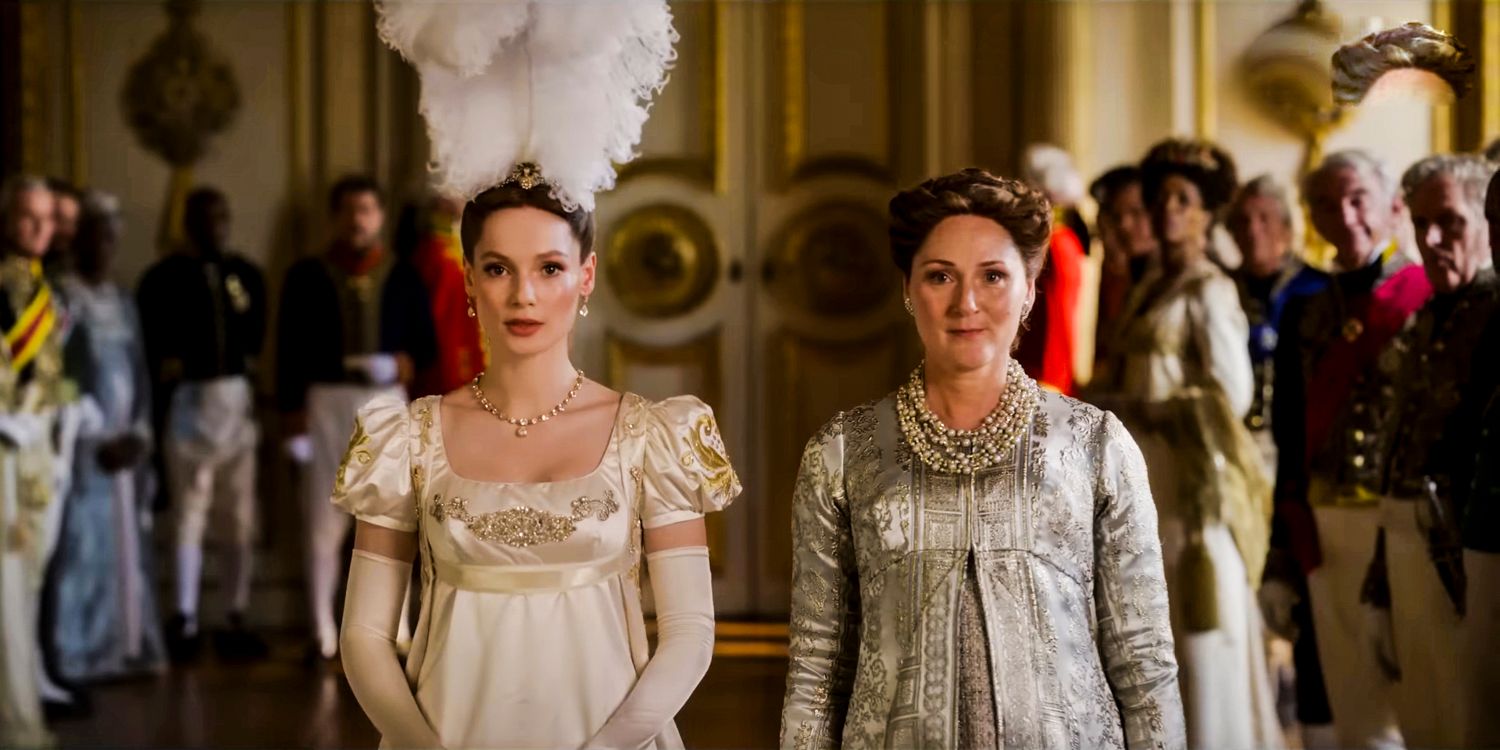
Violet Bridgerton’s idea of love is deeply rooted in her own romantic history. After finding her true love in Edmund Bridgerton, she has held tightly to the belief that a passionate, transformative romance is essential for happiness. Her children, however, have varied perspectives on love and life, which Violet struggles to understand.
Francesca’s Practical Approach to Love
Unlike her siblings, Francesca values peace and compatibility over grand romantic gestures. This season, her courtship with John Stirling demonstrated her preference for a quieter connection based on mutual respect and shared interests. Violet’s inability to fully appreciate Francesca’s needs reveals her narrow understanding of love.
Francesca’s Marriage Highlights Violet’s Blind Spot
Violet Pushes for a “Thrilling” Romance
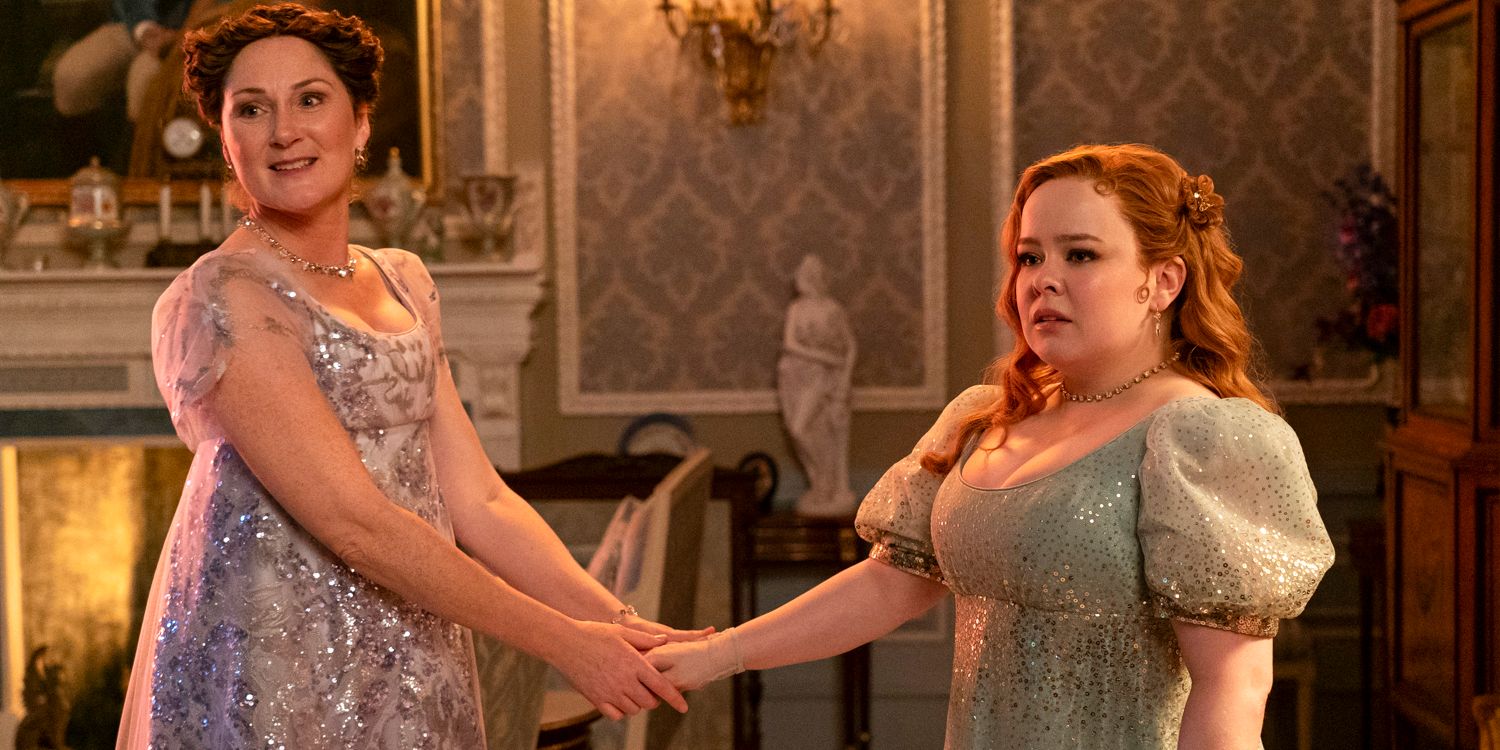
Throughout the season, Violet persistently nudges Francesca toward a more passionate romance, despite her daughter’s clear disinterest. Her collaboration with Lady Danbury to orchestrate romantic sparks borders on comical and underscores her disconnect from Francesca’s desires.
The Contrast Between Violet and Francesca’s Worldviews
Violet’s belief that love must be all-consuming clashes with Francesca’s more pragmatic outlook. This difference creates tension and exposes Violet’s inability to accept that her children’s paths may not mirror her own.
The Broader Implications of Violet’s Philosophy
A Mother’s Influence on Her Children’s Choices
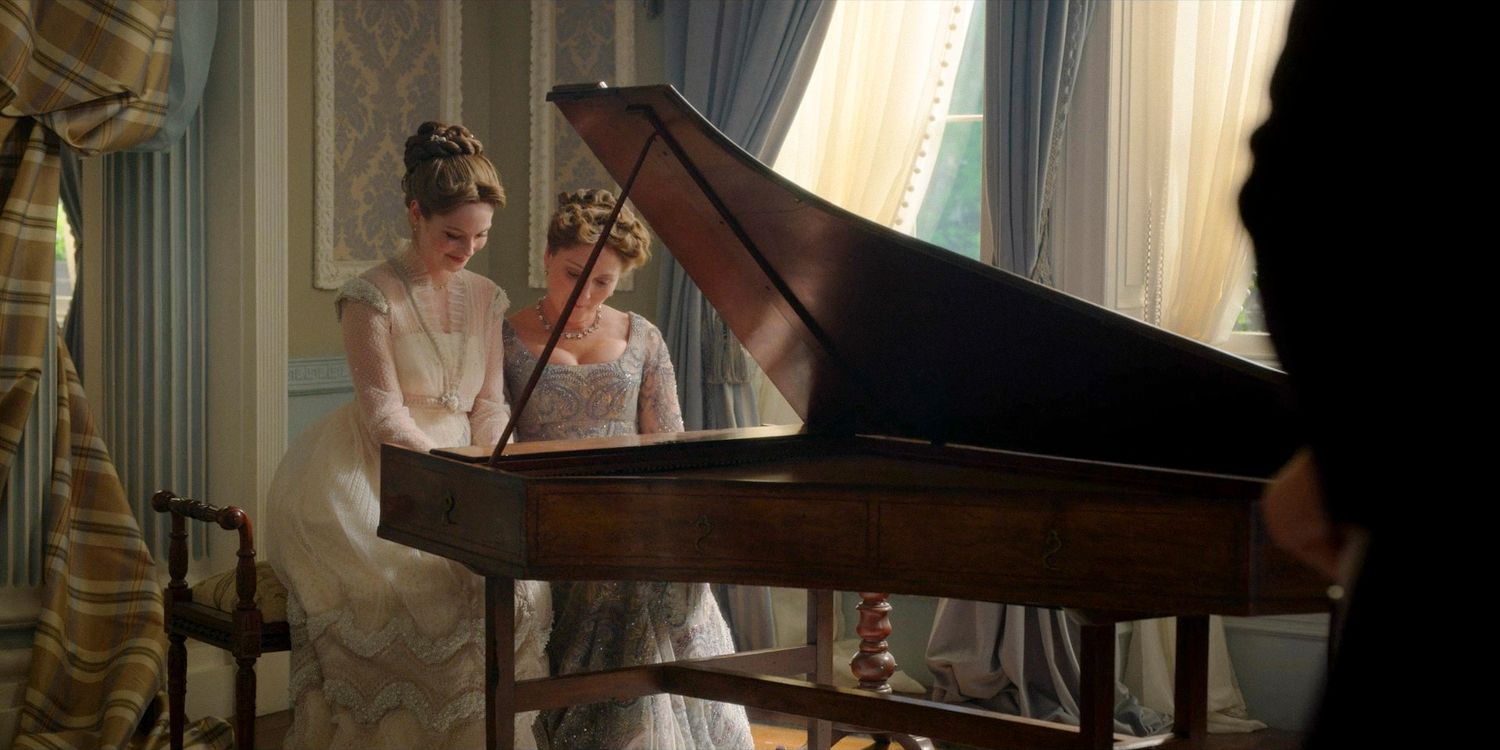
As the Bridgerton siblings navigate the complexities of Regency society, Violet’s influence looms large. While her advice is well-intentioned, it often overlooks the individuality of her children, pressuring them to conform to her ideals.
The Cost of Violet’s Tunnel Vision
By insisting that all her children experience the kind of love she once had, Violet inadvertently risks pushing them into unsuitable matches. Francesca’s quiet rebellion against these expectations highlights the need for parental flexibility.
Bridgerton’s Depiction of Individuality vs. Tradition
Francesca as a Neurodivergent Character
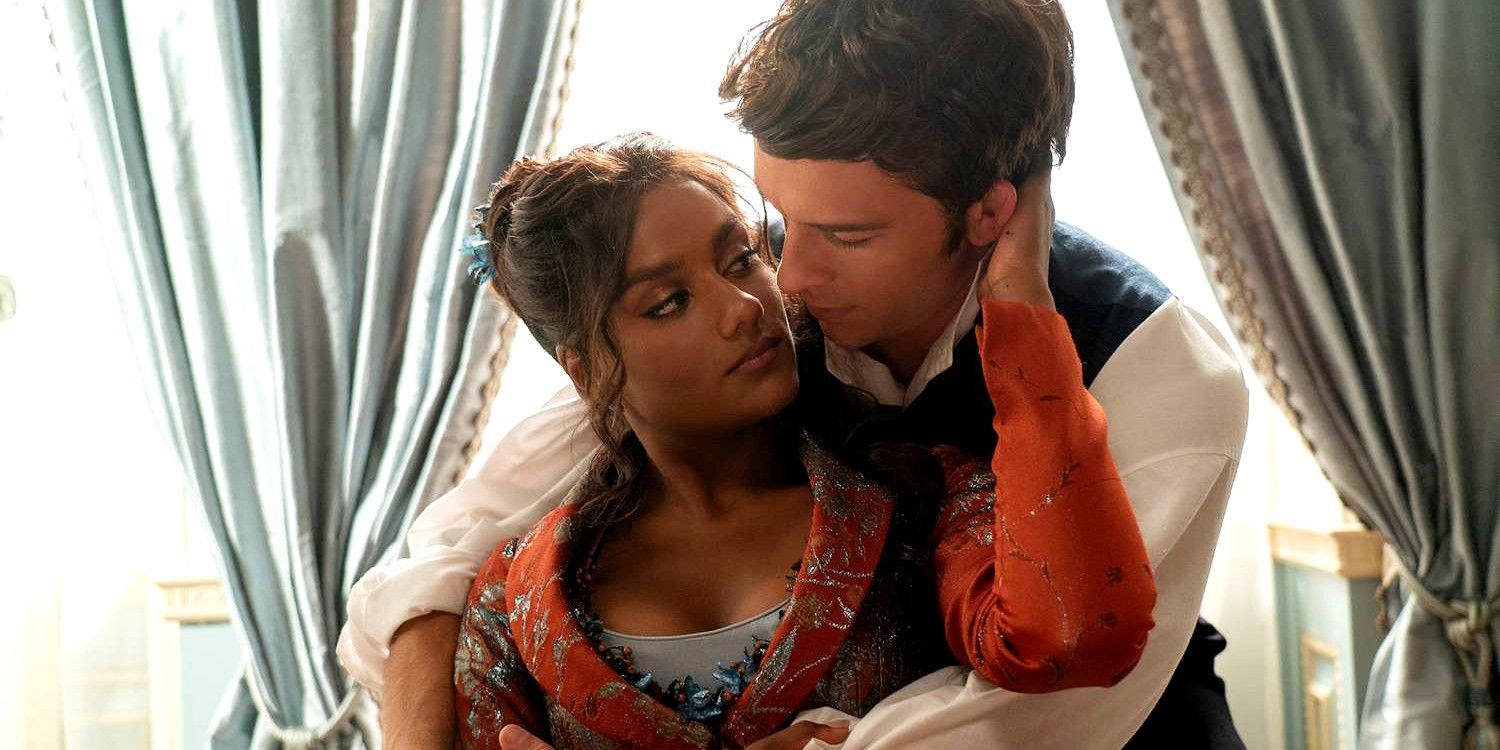
Many fans interpret Francesca’s personality as neurodivergent, valuing solitude and routine over societal expectations. Her storyline reflects the importance of respecting unique needs within rigid societal frameworks.
Other Bridgerton Siblings Breaking the Mold
Francesca isn’t alone in challenging Violet’s worldview. Eloise prioritizes intellectual pursuits, and Benedict seeks artistic freedom. These arcs collectively suggest that fulfillment takes many forms, not all of which align with Violet’s vision.
Bridgerton’s Opportunity to Challenge Violet’s Perspective
What Season 4 Could Bring
Future seasons of Bridgerton have the potential to explore Violet’s growth as a character. Her children’s diverse journeys—particularly Francesca’s eventual love story with Michaela—could force Violet to reevaluate her assumptions about happiness and love.
The Need for Greater Complexity in Violet’s Arc
While Violet is portrayed as a loving mother, allowing her to confront her own biases would add depth to her character and make the show more relatable to modern audiences.
Conclusion: The Evolution of Bridgerton’s Themes
Francesca’s storyline in Season 3 is more than just a prelude to her ultimate love story; it’s a mirror reflecting the limitations of Violet Bridgerton’s ideals. By exploring the tensions between individual desires and parental expectations, Bridgerton creates a richer narrative that resonates with audiences. As the series progresses, we can only hope to see Violet challenged in new and meaningful ways, proving that love—and happiness—come in many forms.
FAQs
Q1: Why is Francesca’s story significant in Bridgerton Season 3?
A1: Francesca’s story introduces a fresh perspective on love and individuality, contrasting Violet’s traditional ideals.
Q2: How does Violet Bridgerton’s character evolve in Season 3?
A2: Season 3 reveals Violet’s struggles to accept her children’s unique desires, highlighting her blind spots as a parent.
Q3: Will Francesca’s neurodivergence be explored further?
A3: While not explicitly stated, Francesca’s character subtly reflects neurodivergent traits, which could be developed in future seasons.
Q4: What role does John Stirling play in Francesca’s arc?
A4: John represents a calming, supportive partner for Francesca, providing a contrast to Violet’s idealized love stories.
Q5: How will Francesca’s relationship with Michaela impact Violet’s beliefs?
A5: Francesca’s romance with Michaela could challenge Violet’s traditional views, pushing her to embrace a broader definition of love.